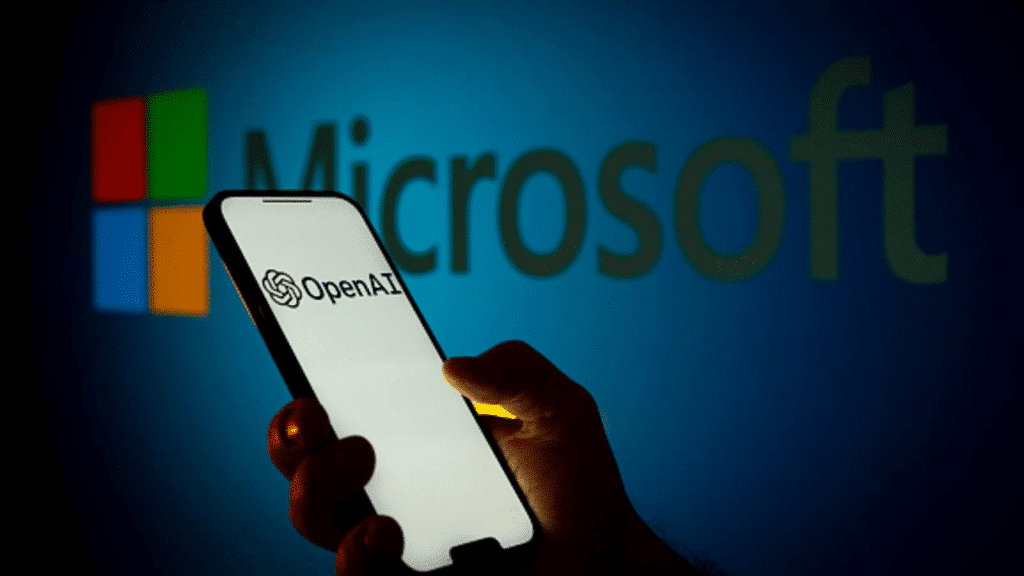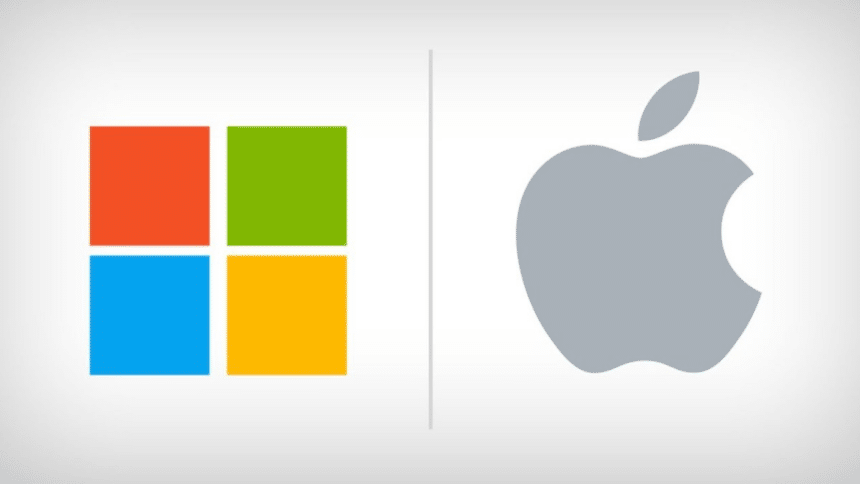Tech giants Microsoft and Apple recently announced they are leaving the board at OpenAI. Microsoft has informed OpenAI of its decision to step down from the board in a letter. This move comes as regulatory bodies intensify their scrutiny of the AI industry. It is particularly focusing on the relationships between major tech companies and AI startups.
According to reliable sources, Microsoft and Apple’s withdrawal from OpenAI’s board affects AI development and governance. The news has riled IT professionals. Many question how it will affect AI collaborations. This is because Microsoft and Apple have contributed to AI development. Hence, their exit from OpenAI’s board has sparked discussions about AI’s future and restrictions.
Microsoft and Apple – The $13 Billion Investment and Its Implications
Microsoft resigned from its position as an observer on the OpenAI board less than eight months after obtaining the non-voting seat. According to the crypto update, Apple has decided not to join the nonprofit board of OpenAI despite earlier claims to the contrary. This move by Microsoft and Apple has shaken the market. This board departure follows Microsoft’s $13 billion investment in OpenAI in 2023.
Microsoft’s massive investment showed its confidence in AI and its desire to lead the AI industry in innovation. However, the magnitude of this investment left regulators and industry observers in wonder. They sought to uncover what this strong tie between a big tech firm and a top AI research group could mean. Microsoft may be trying to show that its investment in OpenAI does not provide it an unfair advantage in the company’s R&D efforts. Steve Sharpe, a representative for OpenAI, said, “We’re grateful to Microsoft for voicing confidence in the Board and the direction of the company, and we look forward to continuing our successful partnership.”
This crypto update comes as big tech companies are facing mounting regulatory pressure. Such pressures are over concerns about the effects of artificial intelligence and their position as market leaders. The possibility of an antitrust investigation into OpenAI’s relationship with Microsoft was raised by EU officials in June. There seems to be a general trend of caution among tech titans regarding AI governance. This is why Apple also decided to step down from the OpenAI board, even though it hasn’t invested in anything similar.
Microsoft and Apple seem to have adjusted how they approach AI cooperation, maybe because of the new regulations. Not only do these actions affect the corporations directly involved, but they also affect others. The AI sector might have to rethink how it structures investments and collaborations to stay out of regulatory burns. The BIT Journal keeps providing crypto updates amidst these AI industry advancements. Bitcoin (BTC) and Ethereum (ETH) markets are also responding to technical and regulatory challenges. As revealed by this crypto update, the rapid advancements in AI and crypto show how dynamic the tech sector is.

Conclusion: Navigating the Evolving AI Landscape
The withdrawal of Microsoft and Apple from OpenAI’s board is a significant mark in AI governance and corporate alliances. The tech industry is rethinking its partnerships with AI research groups and new businesses. This action is in response to rising regulatory scrutiny. Therefore, new forms of cooperation that strike a better balance between innovation and regulatory compliance may emerge. This change isn’t happening by itself, as sources point out.
The cryptocurrency market is also changing due to digital innovation. Bitcoin (BTC) and Ethereum (ETH), the top cryptocurrencies, have been volatile. The AI and crypto crises demonstrate how technology and law are linked. This decision will have repercussions for more than just Microsoft and Apple. The BIT Journal notes that there are certain similarities between these AI advancements and the crypto industry. The regulatory issues Bitcoin (BTC) and Ethereum (ETH) have faced have changed the development and use of these technologies. The BIT Journal reveals, through available analysed data, that regulatory adaptation is a common challenge for technical innovation across industries.
In the future, the artificial intelligence sector may have to establish new forms of cooperation. The aim would be to accommodate substantial investment and innovation while resolving regulatory issues. Possible solutions include more open systems of government oversight and distinct roles for investors and researchers. It could also involve novel approaches to industry self-regulation. The future of AI innovation depends on how well the industry keeps pushing technological boundaries while handling these challenges.





























